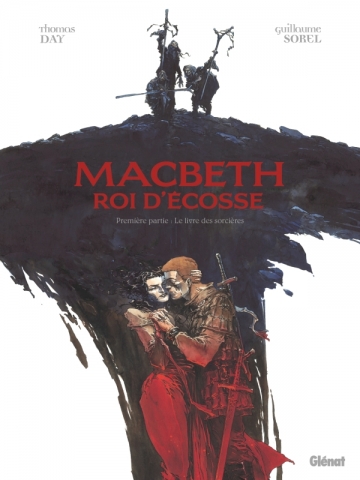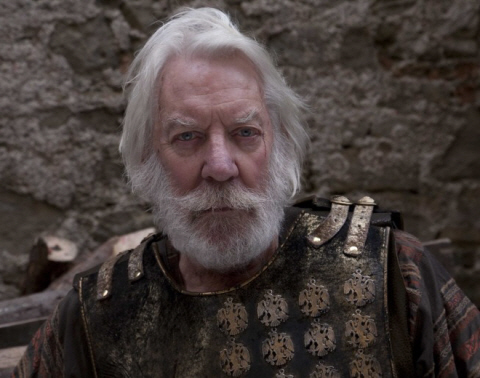

The real Macbeth, who died in 1057, was not regarded as a villain in the bald monkish records that survive from his time. Investigation shows, none the less, that the witches’ song is an invention and that the true tale of Macbeth has nothing to do with witches or witchcraft at all. When the superstition first arose is not known but some like to believe, even today, that the witches’ song still has the power of working evil. It is never named in the acting profession but referred to obliquely as ‘the Scottish Play’. Macbeth has long been considered an unlucky work with injury, fire and trouble falling in its wake. The evil portrayed in the play has even come to represent a threat to those who act in it. But because of the play, the real life of Macbeth has been obscured. This has all come into being because of Shakespeare’s play, not because of Macbeth himself. Since Shakespeare wrote his famous play (more than 500 years after the real Macbeth ruled) brilliant actors from Burbage to Barrymore, Garrick to Gielgud have persuaded thousands in a range of accents from American to conscientiously-drilled urban Glasgow that this was indeed a slice of actual Scottish history.Īctresses such as Sarah Bernhardt, Vivien Leigh, Diana Rigg and Judi Dench have brought their own ardour, ferocity and intensity to the role of Lady Macbeth on the stage. It is small wonder that this story has all but smothered the true one.

Who was the real Macbeth? A power-crazy, murderous, yet weak man, as depicted by Shakespeare in his dramatisation, or a strong and able king, who ruled wisely and in peace for 17 years?Īsk most non-Scots to name a Scots king and they will eventually remember this fellow Macbeth, who murdered a kindly old man for his crown, egged on by his shrew of a wife who then went crazy and killed herself. The Real Macbeth - an article by Dorothy Dunnett I was unable to trace whether the rights were transferred to anyone else so I hope that there can be no objection to airing this article after such a long period of time on a website devoted to her work. Part 4 contains an article by Dorothy called The Real Macbeth, and although it is aimed at a general audience and makes no reference to her own theories regarding Thorfinn it makes interesting reading for those looking to get an idea of the accepted theories of the time about this most maligned of Scottish kings.Īt the time I made enquiries in an attempt to get permission to reproduce the article but the company that is quoted as the copyright holder in the magazine – The British Magazine Publishing Company – was part of the old Robert Maxwell group which collapsed after his death and is no longer in existence. Barrow, Chair of Scottish History and Palaeography at Edinburgh University. Ian B Cowan of the Dept of History at Glasgow University, and G.W.S. And our own Dorothy Dunnett.Ĭontributors included Prof. Archie Duncan, who at the time had held the Chair of Scottish History and Literature at Glasgow University for 26 years. The copies I've seen have been 32 page semi-glossy magazines priced at £1.Ī look at the editorial board is revealing – there were three members: Gordon Donaldson, the Historiographer Royal for Scotland and a prolific author. At that time the Scottish Sunday Mail was what might be called a “quality tabloid” and often contained interesting articles about the country, but I had no recollection of this series.
#MACBETH KING OF SCOTLAND SERIES#
The result of the invasion was that one Máel Coluim, "son of the king of the Cumbrians" (not to be confused with Máel Coluim mac Donnchada, the future Malcolm III of Scotland) was restored to his throne, i.e., as ruler of the kingdom of Strathclyde.It turned out to be part of an old series called The Sunday Mail Story of Scotland, which was published in 1988 in 52 weekly parts. One of Siward's sons and a son-in-law were among the dead. in which the Annals of Ulster reported 3,000 Scots and 1,500 English dead which can be taken as meaning very many on both sides. King of Scotland from 1040 to 1057 Template:SHORTDESC:King of Scotland from 1040 to 1057


 0 kommentar(er)
0 kommentar(er)
